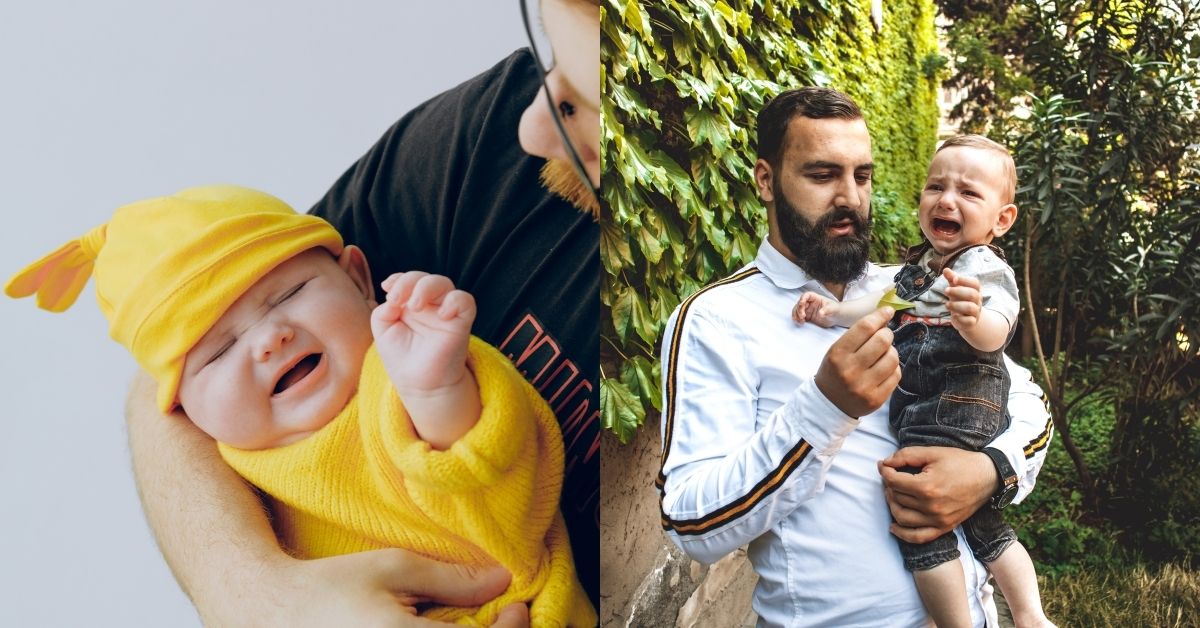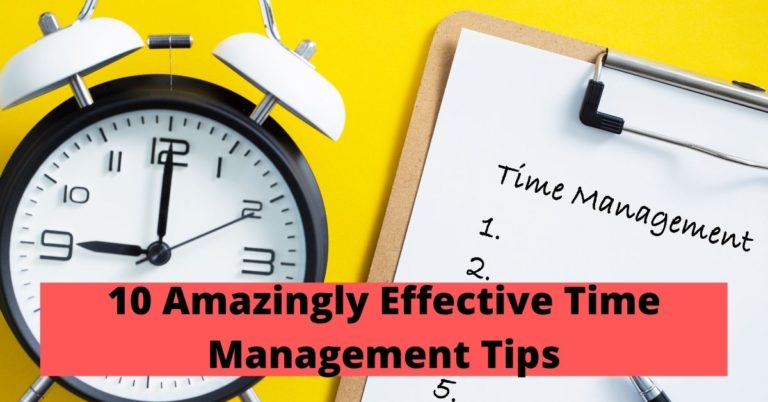Why Does Baby Cry When Dad Holds Her?
This post contains affiliate links. This means I will make a commission at no extra cost to you should you click through and make a purchase. Read the full disclosure here.
If you’re taking care of your infant child, you might have noticed that she cries every time you hold her. While it’s not uncommon for babies to cry when their dads are holding them, it can still be worrisome for both parents if this happens all the time, especially if the Dad’s holding the baby doesn’t seem to bother anyone else! If you suspect there’s something else going on, you’re right. Here are reasons why your baby might cry when you hold her and what you can do about it.
Table of Contents
Babies Love Their Dads But Are Wary
Yes, it is your job to protect her from danger, but she’s not sure about you yet. She doesn’t know whether or not she can trust you yet, so babies tend to cry a little louder when their dads hold them as opposed to their mom. While it might hurt your feelings at first, once your baby trusts you she will stop crying as much when dad holds her.
Start Slow And Make It Special
Young children are comforted by repetition and they especially like their routines to be predictable. You should start each bedtime routine slow and quiet, holding your baby in an upright position against your chest with a warm blanket over both of you.

This way she’ll feel held, secure, and safe. It’s also important that you keep these moments special. Try not to talk about work or the dishes when it’s time for the story, sing lullabies instead of listening to music, and avoid changing into your PJs before laying down. There is no reason why dad can’t do this every night if he wants! The more time you spend nurturing her at this age the better for both of you.
Encourage Your Wife To Bond With Your Baby
There’s no doubt that new dads are filled with anxiety. This can be so intense it even creates physiological changes in men’s bodies, a phenomenon known as daddy stress. A study out of Northwestern University found that levels of cortisol and cortisone—both associated with stress—are elevated in expectant fathers between three and four months before their children are born. Afterward, these hormones remain high for about one month following their child’s birth.
Don’t Force A Bond
Many dads feel pressured to bond with their babies by holding them constantly. This pressure can cause unnecessary stress and guilt. As a dad, it’s important to understand that you don’t have to feel responsible for creating a strong bond with your baby in order to love and care for her. Don’t force a connection if it doesn’t come naturally. Instead, work on providing your baby with lots of affection and attention in other ways.
Work On Your Skills
It’s important to remember that being a dad is not just about loving your child unconditionally. Sure, there are times when it might seem like you can do no wrong, but that’s because we rarely see our kids when they’re crying or throwing temper tantrums.
Dads need to develop their own unique parenting skills and techniques in order to manage certain situations. For example, dads who don’t know how to change diapers may get frustrated when their children start crying during the process.

The best way for dads to overcome this obstacle is by educating themselves on changing diapers and practicing the technique before becoming parents.
Don’t Overcompensate For Emotional Distance
The first time dad holds the baby, she might cry. That’s normal; nothing to worry about. If a father is inexperienced with babies, there’s a good chance he’ll be tense and uncertain when holding his child for the first time. Overcompensating in an attempt to counteract his anxiety by being overly jovial or friendly may make things worse.
Be Patient
This is probably one of life’s greatest lessons, whether you’re a new parent or not. Your baby doesn’t know how to communicate, so you might as well be patient with her. She won’t talk back to you yet and she won’t tell you why she cries when you hold her, but she will grow up and become an adult who can do those things.
Keep Trying
Babies cry for many reasons, which means crying can be hard to handle. If your baby cries a lot when you hold her, it might help to make sure she’s well-rested, fed, and changed before you try holding her. Try playing with your baby first or singing to her while rocking in a chair. Put some toys within reach of where you’re sitting so that she has something to play with while she gets used to being held. Once she seems more relaxed, put one arm around her stomach and support her head gently with the other hand. Sing softly as you rock back and forth; this is called cuddle time. If your baby still doesn’t stop crying after 15 minutes, don’t give up! Keep trying different ways to calm her down and eventually you’ll find what works best.







